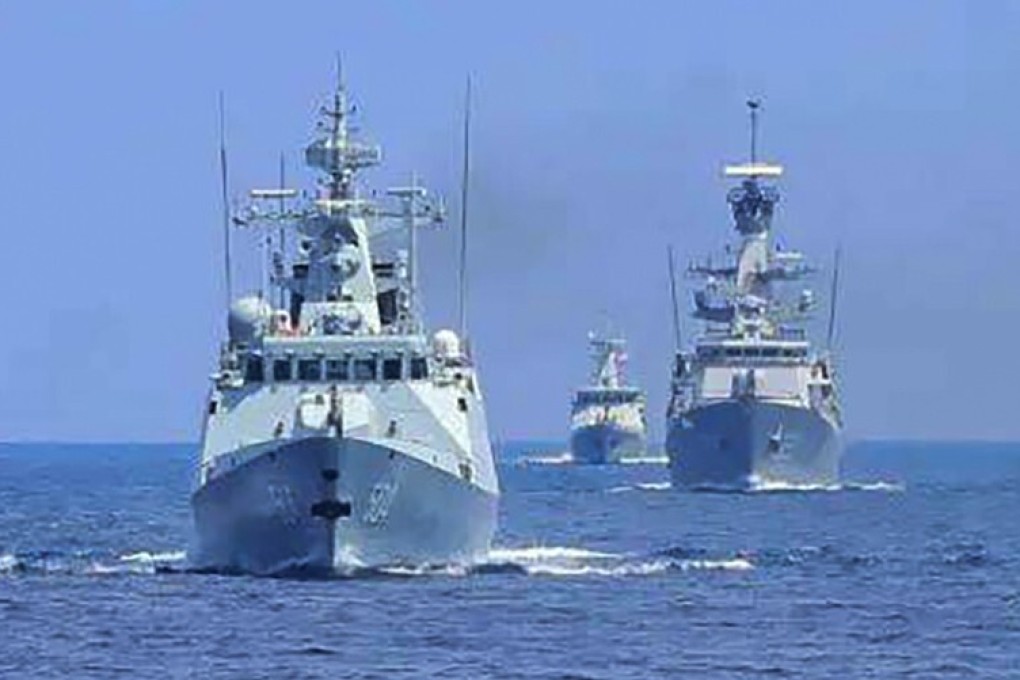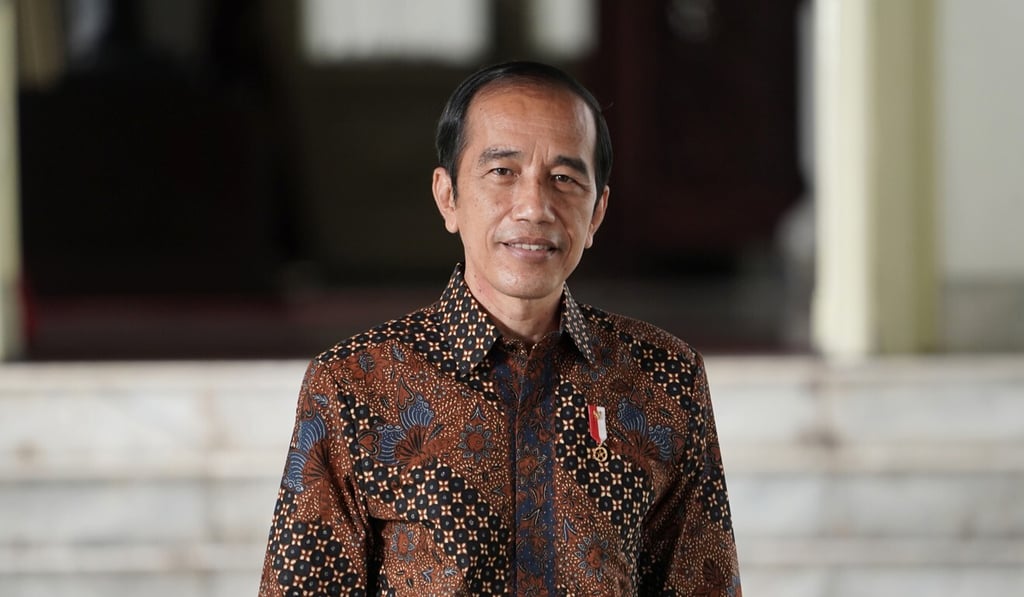Indonesia inching closer to Beijing, if South China Sea doesn’t ‘blow up’ ties
- A high-level dialogue between China and Indonesia aims to boost their relationship in areas including Covid-19 vaccines and Belt and Road projects, in a move that could speed up Chinese investment in the country
- But Indonesia remains wary of Chinese ‘assertiveness’, experts say, and Bejing’s actions in Xinjiang and at sea could yet prove sticking points

China’s foreign minister, Wang Yi, and the Indonesian minister for maritime affairs and investment, Luhut Pandjaitan, last week signed a memorandum of understanding (MoU) to create “a platform for closer dialogue” between their governments.
The development was immediately hailed as a “great event” in bilateral relations by the Chinese foreign ministry, which said the move was “an important measure to implement the consensus reached by the heads of state”.

“There will be investment commitments, deals, and minutes of meetings from the high-level dialogue, which will be relayed by Luhut to Indonesian ministries [such as trade, industry, investment and foreign]. The ministries will then handle all the technicalities to help investors realise [their commitments]. For example, if a deal is about trade, the trade ministry will oversee it,” Ple said.